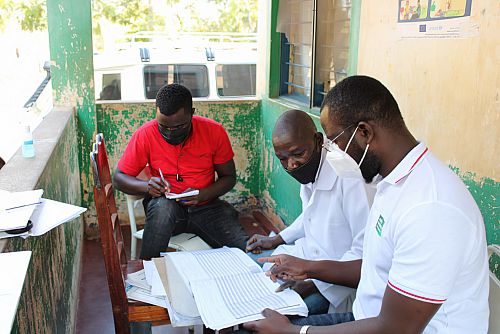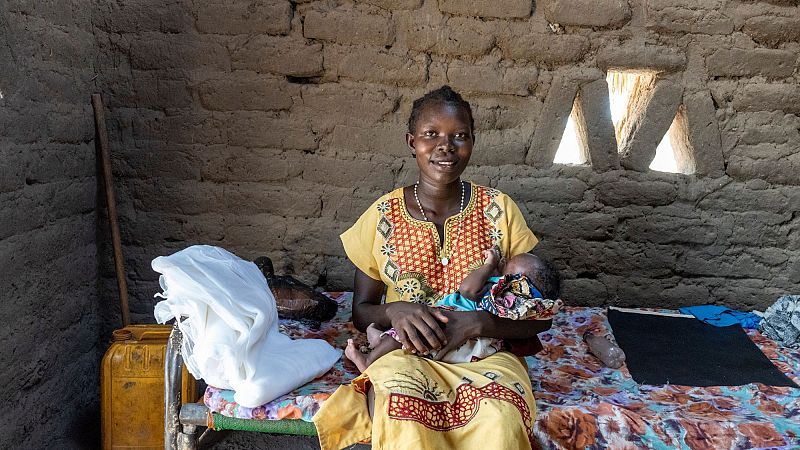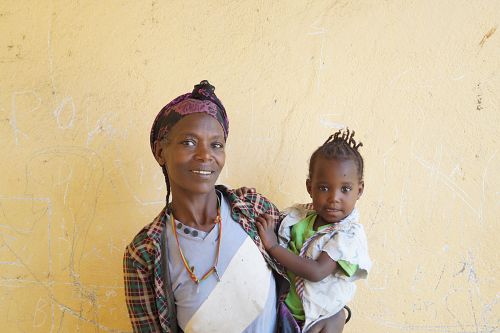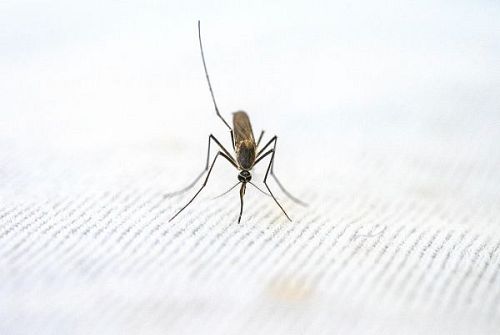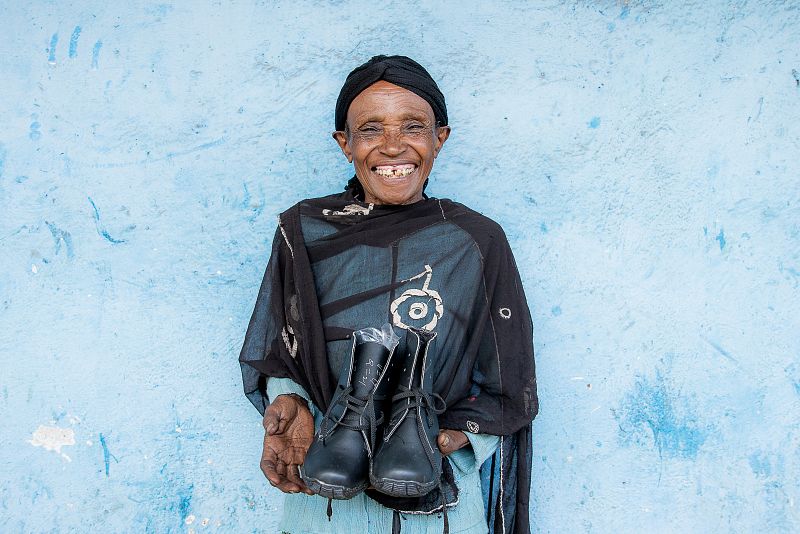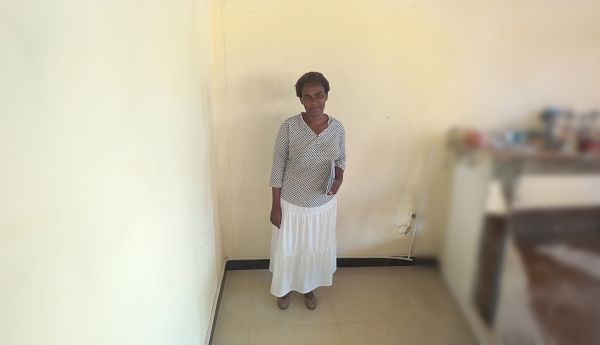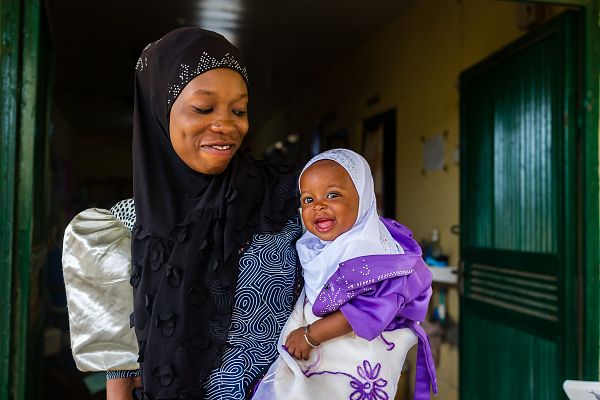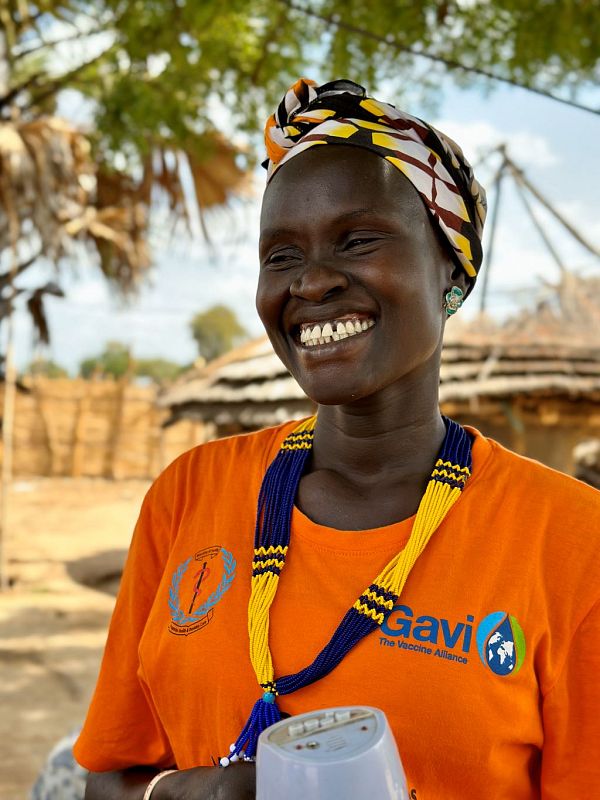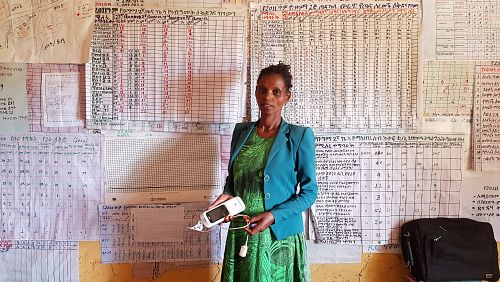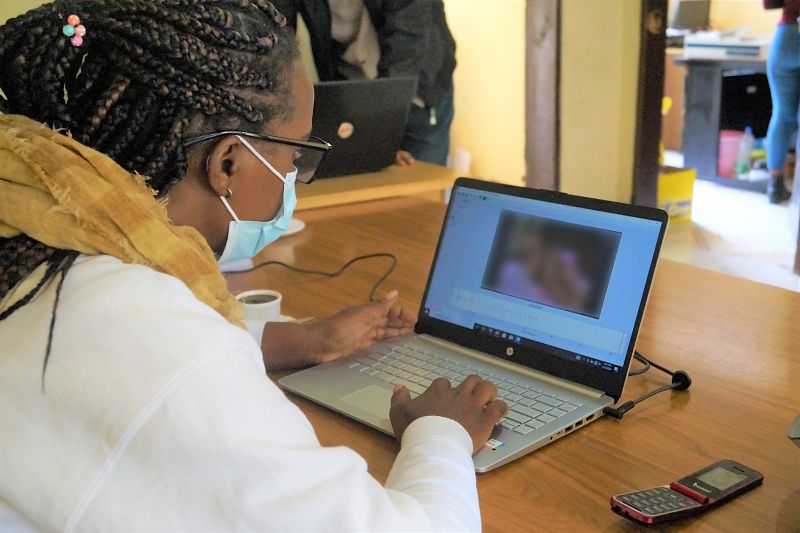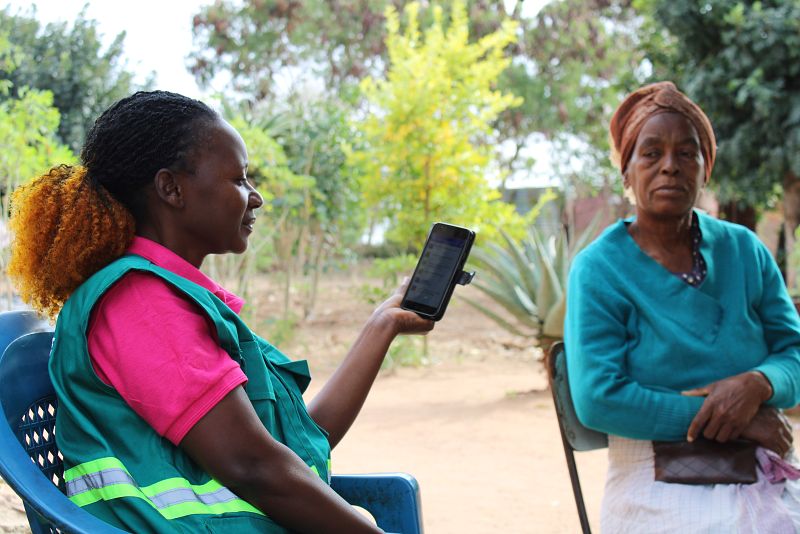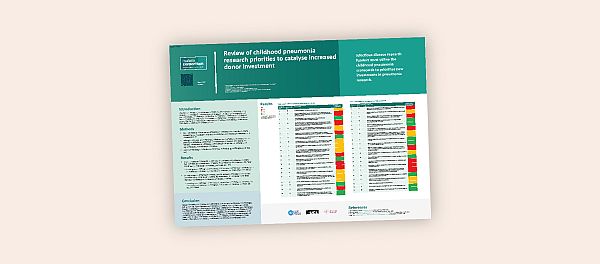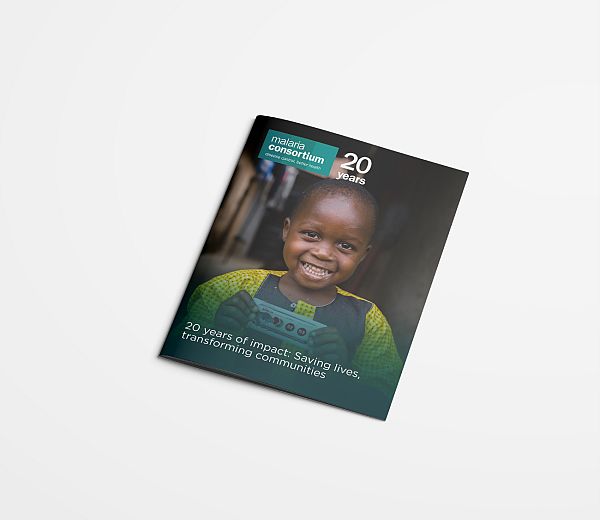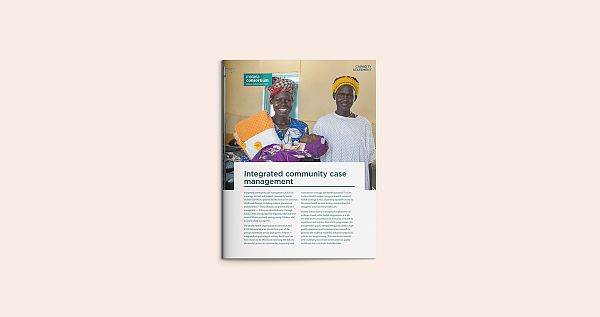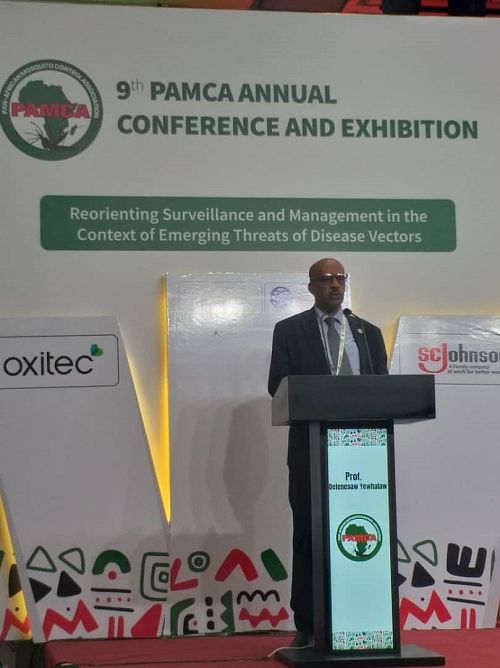Pneumonia is a leading cause of morbidity and mortality in children globally, with an estimated 1.4 million deaths annually among children under five years old (UNICEF, 2020). The majority of these deaths occur in low- and middle-income countries (LMICs), with sub-Saharan Africa having the highest burden of childhood pneumonia (WHO, 2019). Ethiopia and Chad, two LMICs in sub-Saharan Africa, have high rates of childhood pneumonia and related mortality. In 2021, Malaria Consortium secured funding to support ministries of health to create national paediatric pneumonia control strategies in Ethiopia and Chad, to strengthen pneumonia case management and reduce paediatric mortality due to pneumonia.
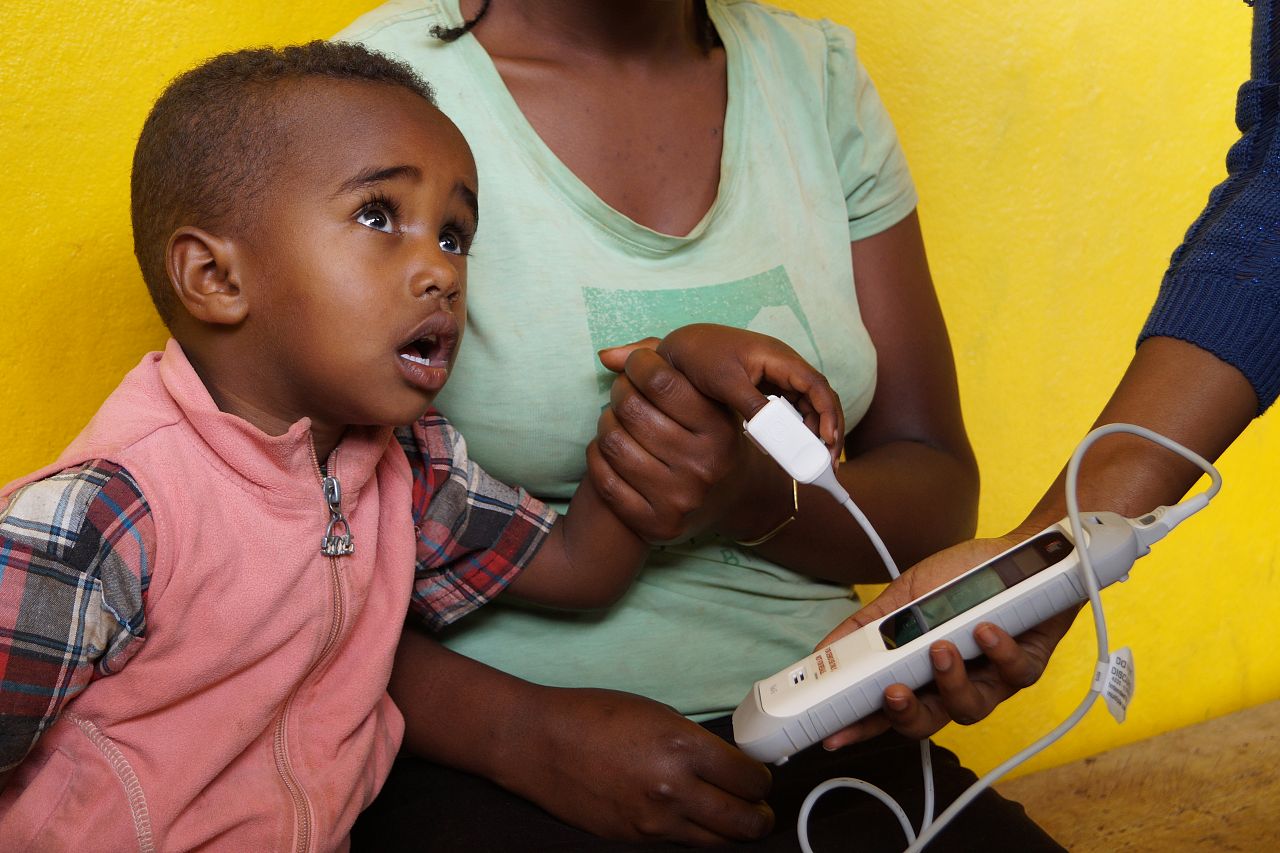
National Strategy for Pneumonia Control (Chad)
Action Plan to Improve the Control of Pneumonia and Diarrhoea Through the IMNCI Approach (Ethiopia)
Epidemiology of Childhood Pneumonia in Ethiopia and Chad
In Ethiopia, pneumonia is a leading cause of mortality in children under five years old, accounting for 18 percent of all deaths (Ethiopian Public Health Institute, 2019). The incidence of childhood pneumonia in Ethiopia is estimated to be 0.34 cases per child-year, with a mortality rate of 51 per 100,000 children (UNICEF, 2020). A study conducted in rural Ethiopia found that the prevalence of pneumonia among children under five years old was 12.8 percent, with 1.3 percent of cases classified as severe (Abera et al., 2019). In Chad, pneumonia is also a major cause of morbidity and mortality in children under five years old, accounting for 18 percent of all deaths (World Bank, 2019). The incidence of childhood pneumonia in Chad is estimated to be 0.39 cases per child-year, with a mortality rate of 58 per 100,000 children (UNICEF, 2020).Barriers to Pneumonia Case Management in Ethiopia and Chad
Several barriers exist to effective pneumonia case management in Ethiopia and Chad, including limited access to healthcare services, low levels of health literacy among caregivers, and insufficient availability of essential medicines and equipment. In Ethiopia, only 42 percent of children with suspected pneumonia are taken to a health facility for treatment, with the majority seeking care from traditional healers or self-treating at home (Ethiopian Public Health Institute, 2019). A study conducted in Ethiopia found that only 39 percent of caregivers correctly identified the signs and symptoms of pneumonia, highlighting the need for improved health literacy (Abera et al., 2019). In Chad, access to healthcare services is also limited, with only 36 percent of children with suspected pneumonia receiving appropriate care (UNICEF, 2020). Additionally, essential medicines and equipment for pneumonia treatment are often unavailable in health facilities in both countries, further hindering effective case management (World Bank, 2019).Local Paediatric Pneumonia Control Strategies in Ethiopia and Chad
Local paediatric pneumonia control strategies are needed in Ethiopia and Chad to strengthen pneumonia case management and reduce paediatric mortality due to pneumonia. These strategies should focus on improving access to healthcare services, increasing health literacy among caregivers, and ensuring the availability of essential medicines and equipment.In both countries Malaria Consortium has worked closely with the relevant ministries and government agencies to draft and develop strategies which support and strengthen the pneumonia response in both countries. Using a consultative and engaged approach in both countries key stakeholders were convened to undertake formative research, documenting situational analyses in both countries in relation to pneumonia. These data were then used to draft strategies for both countries.
In Chad a consultant worked closely with government to draft the document and held a series of workshops to agree the contents of the report – available here.
In Ethiopia it was agreed with the Federal Ministry of Health to develop a IMNCI Action Plan, again working with a consultant and validated through a workshop, with the final document – available here.
